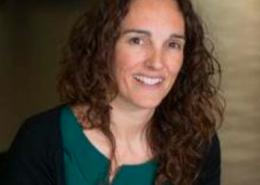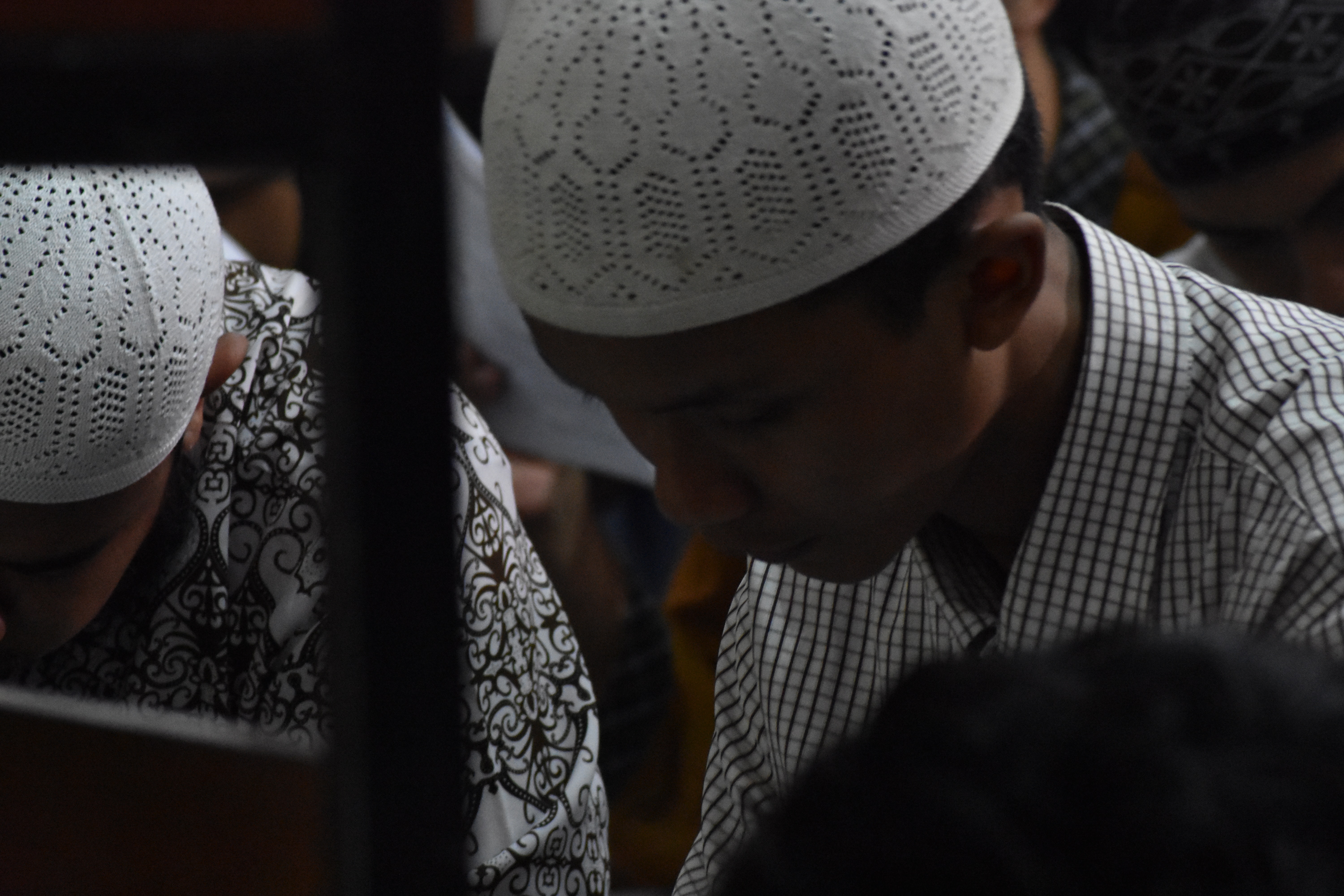Current situation:
Today’s Spain is facing an increasingly complex migration and refugee crisis, where Unaccompanied Foreign Minors (MENA) remain a topical issue, both nationally and internationally. They are a group that needs special attention from government institutions and the corresponding professionals.
The child protection system is not giving an effective response to the situation of extreme vulnerability of these adolescents who have suffered various violations of their rights since their arrival. Young people are also subject to messages of radicalization. Among the measures proposed by the European Commission to prevent religious radicalization and intolerance, intercultural and interreligious dialogue is proposed.
The White Paper on Intercultural Dialogue proposed by the European Union defines dialogue as a process that involves the respectful and open exchange of views, between individuals and groups of different ethnic backgrounds and with different cultural, religious and linguistic legacies, based on in mutual understanding and respect.
 https://www.ub.edu/gredi/wp-content/uploads/2020/01/ruth.jpg
400
400
Emma
https://www.ub.edu/gredi/wp-content/uploads/2019/07/logo-gredi-300x95.png
Emma2020-01-09 12:32:242020-11-03 12:22:09Ruth Vilà
https://www.ub.edu/gredi/wp-content/uploads/2020/01/ruth.jpg
400
400
Emma
https://www.ub.edu/gredi/wp-content/uploads/2019/07/logo-gredi-300x95.png
Emma2020-01-09 12:32:242020-11-03 12:22:09Ruth Vilà



